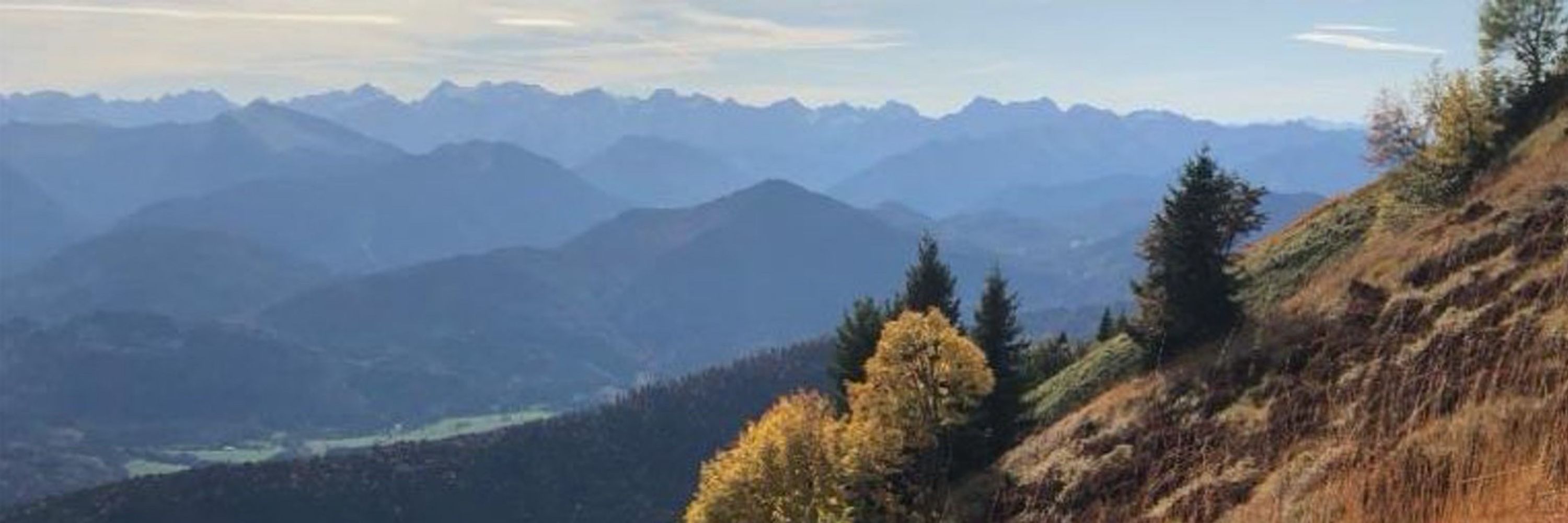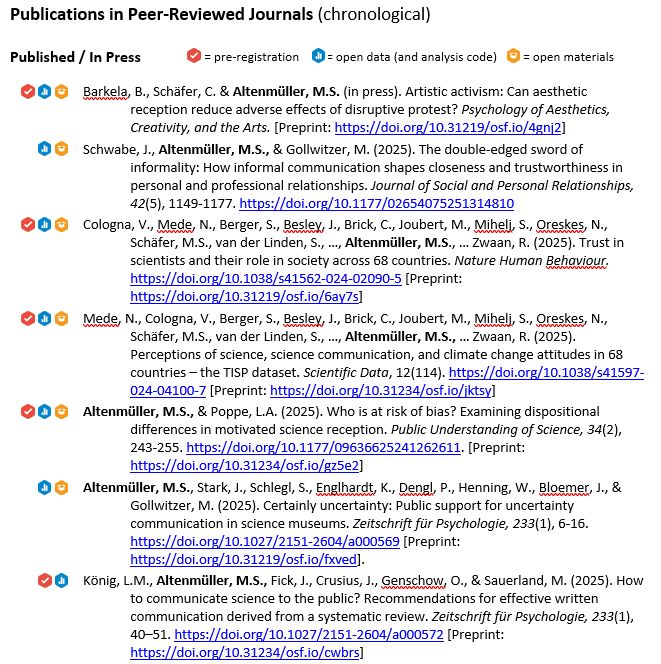
























😬 26% let participants take part despite being aware they knew the hypothesis and a concerning 8% participated in their own survey (recorded as participant data). 2/6

😬 26% let participants take part despite being aware they knew the hypothesis and a concerning 8% participated in their own survey (recorded as participant data). 2/6



